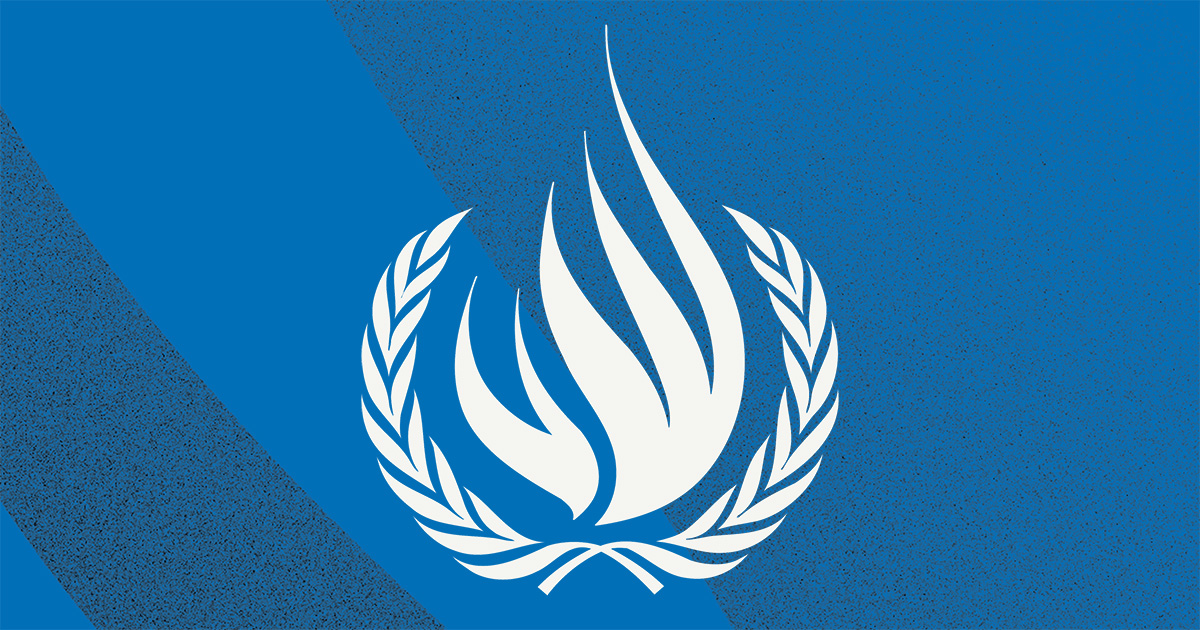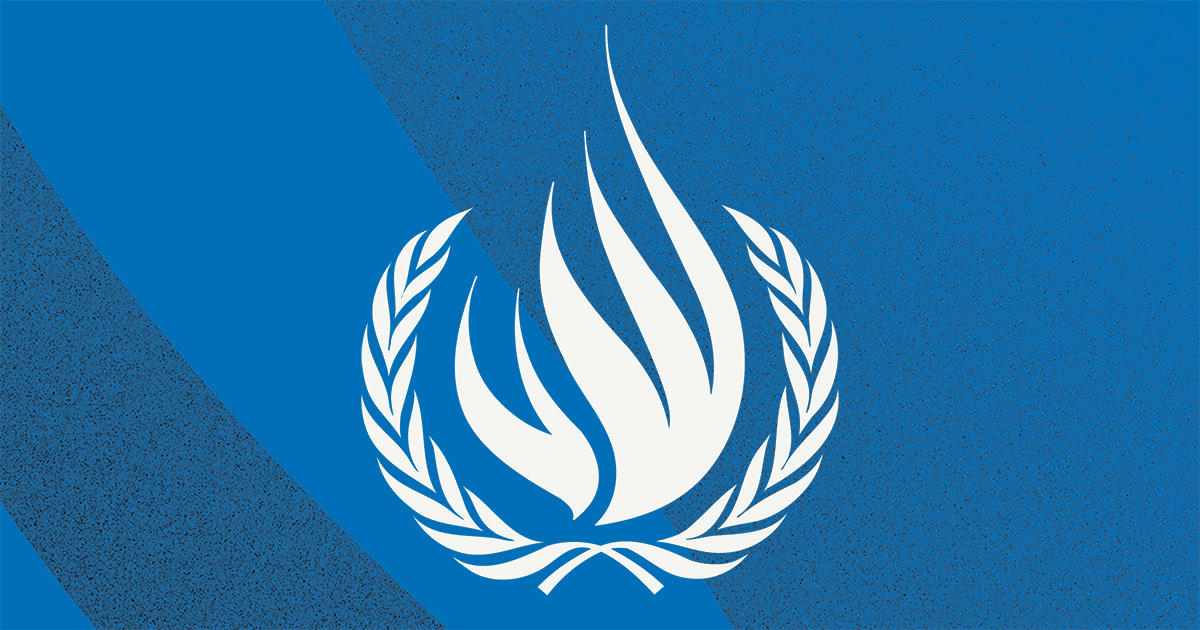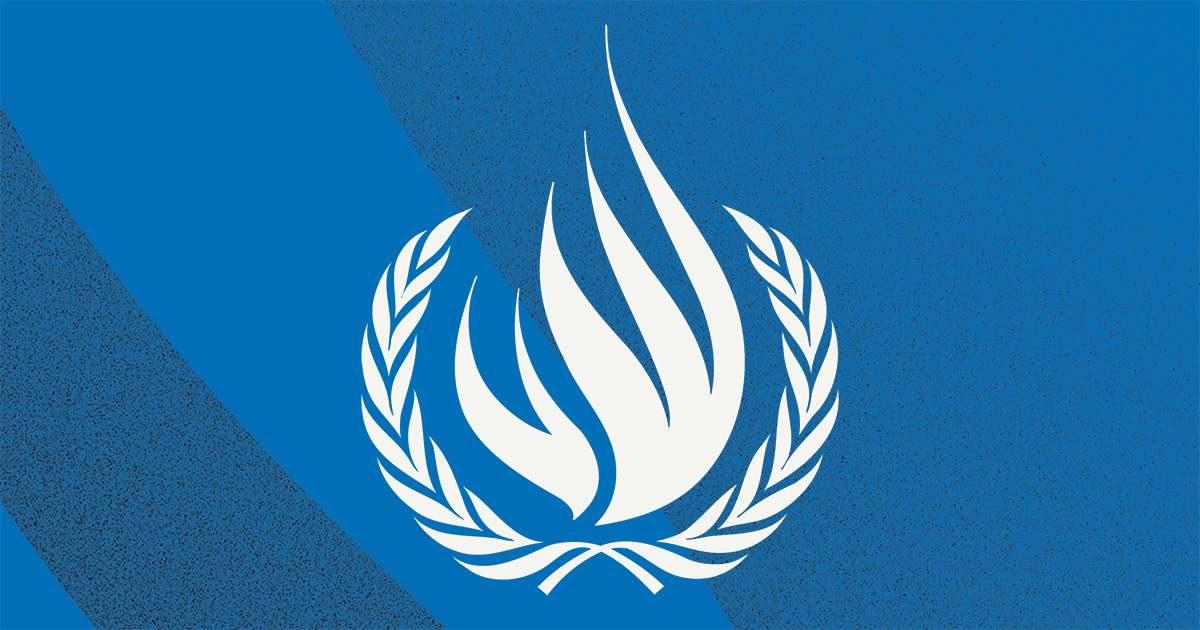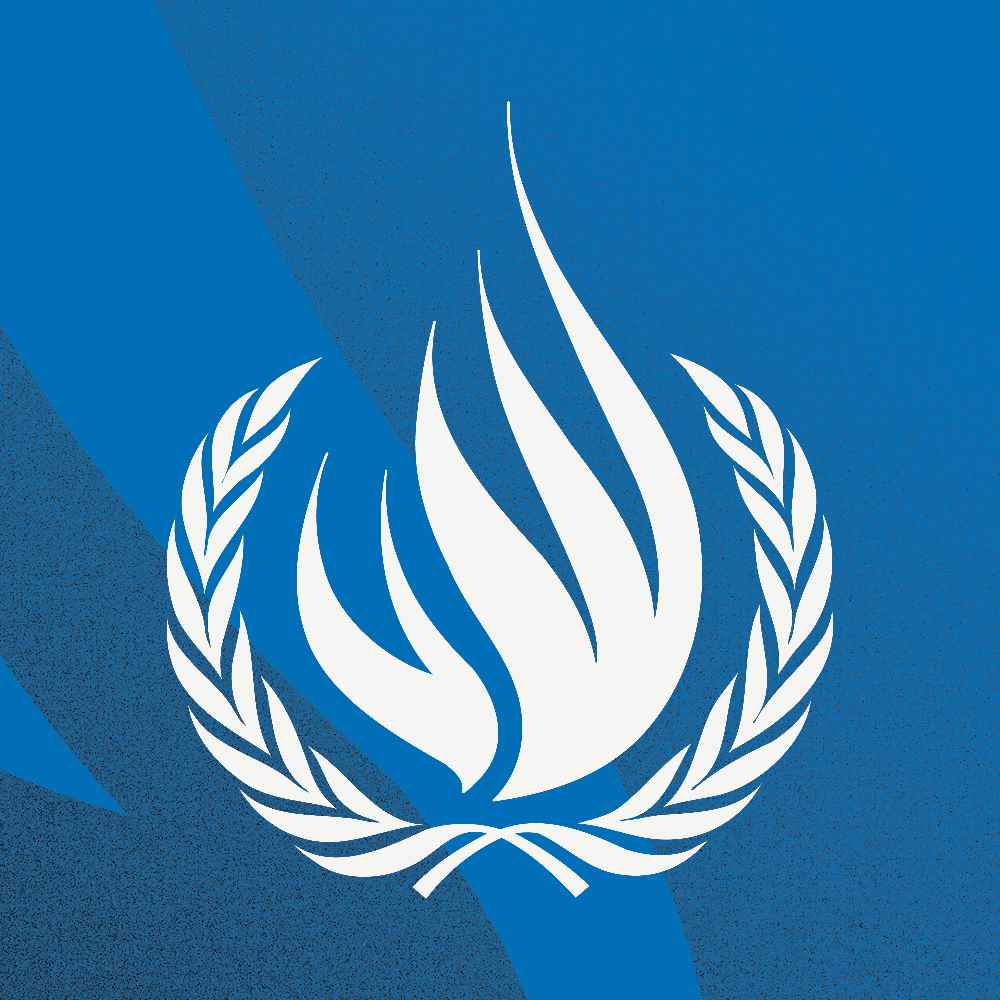
OTTAWA (24 May 2024) – UN experts said today Canada has positive systems in place to avoid arbitrary detention. However, serious concerns remain, particularly in relation to Indigenous Peoples, groups facing racial discrimination and other groups at risk.
“Despite efforts to address their overrepresentation in the criminal justice system, these groups continue to be detained at alarming rates,” said the UN Working Group on Arbitrary Detention in a statement concluding a 12-day visit to Canada.
The Working Group welcomed developments such as the significant decrease in youth detention and the standard presentation of arrestees before judicial officers within 24 hours of arrest. Arrests are generally conducted lawfully, with detainees informed of their rights. But the bail system has inefficiencies, including onerous bail conditions, which can excessively affect marginalized groups.
“Bail conditions must be tailored more closely to individual circumstances, and unnecessary criminalization of bail breaches should be avoided,” the experts said.
The Working Group heard that disproportionately high rates of Indigenous Peoples in criminal justice detention are linked to systemic racism. They were told of over-policing, over-prosecution, and over-incarceration. The Working Group acknowledges Governmental initiatives to address this situation, but notes that systemic factors with roots in colonialism continue to exacerbate Indigenous Peoples’ overrepresentation in a cycle of incarceration and socio-economic marginalization.
The experts noted that these factors also impact people of African descent, who are overrepresented in detention. They called on the Government of Canada to redouble its efforts to tackle all forms of discrimination.
Equally, the Group emphasized the need for comprehensive detainee rehabilitation, particularly for marginalized communities, to reduce recidivism. The experts underlined that “effective support in housing, healthcare, education, and employment is crucial for successful reintegration”.
The experts noted that, although solitary confinement has been formally ended, regimes such as structured intervention units continue to see detainees deprived of sufficient meaningful human interaction and in some cases kept locked alone in their cells for multiple days on end. Moreover, many detainees suffer from serious psychosocial disabilities, which often contribute to, and are exacerbated by, their incarceration. In some cases, treatment is ineffective in correctional facilities. Substance abuse problems also features heavily among the incarcerated population and treatment options are variable and often inadequate.
The plight of detained migrants, who have not been charged or convicted of any crime, is seriously concerning, the experts said. Independent oversight of the Canada Border Services Agency, which manages migration detention, is lacking and the absence of any maximum term of migration detention also heightens the risk of arbitrary detention. Many migrants are deprived of liberty for months and in some cases years. While the experts welcomed the ending of migration detention in provincial jails, they were alarmed by reports of plans to use federal correctional facilities to imprison persons detained purely on the basis of their migration status.
The Working Group delegation which included members Matthew Gillett, Ganna Yudkivska and Priya Gopalan visited Ontario, Alberta, British Columbia, and Quebec. They met with federal and provincial authorities, members of parliament, lawyers, civil society representatives and other stakeholders. The delegation visited 17 places of deprivation of liberty and interviewed around 103 people deprived of their liberty.
A final report on the visit will be presented to the Human Rights Council in September 2025.
For more information or press requests, please contact: Levon Sevunts (sevunts@unhcr.org).
The Working Group on Arbitrary Detention was established by the former Commission on Human Rights in 1991 to investigate instances of alleged arbitrary deprivation of liberty. Its mandate was clarified and extended by the Commission to cover the issue of administrative custody of asylum-seekers and migrants. In September 2019, the Human Rights Council confirmed the scope of the Working Group"s mandate and extended it for a further three-year period. In October 2022, the mandate was further extended for a period of three years. The Working Group is comprised of five independent expert members from various regions of the world: Mr. Matthew Gillett (Chair-Rapporteur, New Zealand); Ms. Ganna Yudkivska (Vice-Chair on Communications, Ukraine); Ms. Priya Gopalan (Vice-Chair on Follow-Up, Malaysia); Ms. Miriam Estrada-Castillo (Ecuador) and Mr. Mumba Malila (Zambia).
Database of the Working Group on Arbitrary Detention.
The Working Group is part of what is known as the Special Procedures of the Human Rights Council. Special Procedures, the largest body of independent experts in the UN Human Rights system, is the general name of the Council’s independent fact-finding and monitoring mechanisms that address either specific country situations or thematic issues in all parts of the world. Special Procedures’ experts work on a voluntary basis; they are not UN staff and do not receive a salary for their work. They are independent from any government or organization and serve in their individual capacity.
UN Human Rights, Country Page — Canada
For press inquiries related to the Working Group please contact Ms. Clara Angélica García Orozco (garcia61@un.org); Ms. Loana Benjamin (loana.benjamin@un.org) or write to hrc-wg-ad@un.org.
For media inquiries related to other UN independent experts, please contact Dharisha Indraguptha (dharisha.indraguptha@un.org) or John Newland (john.newland@un.org)
Follow news related to the UN’s independent human rights experts on Twitter @UN_SPExperts.









